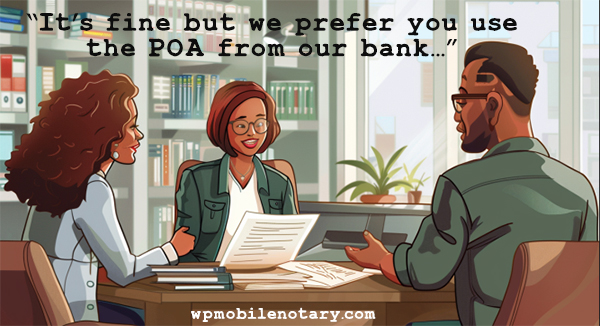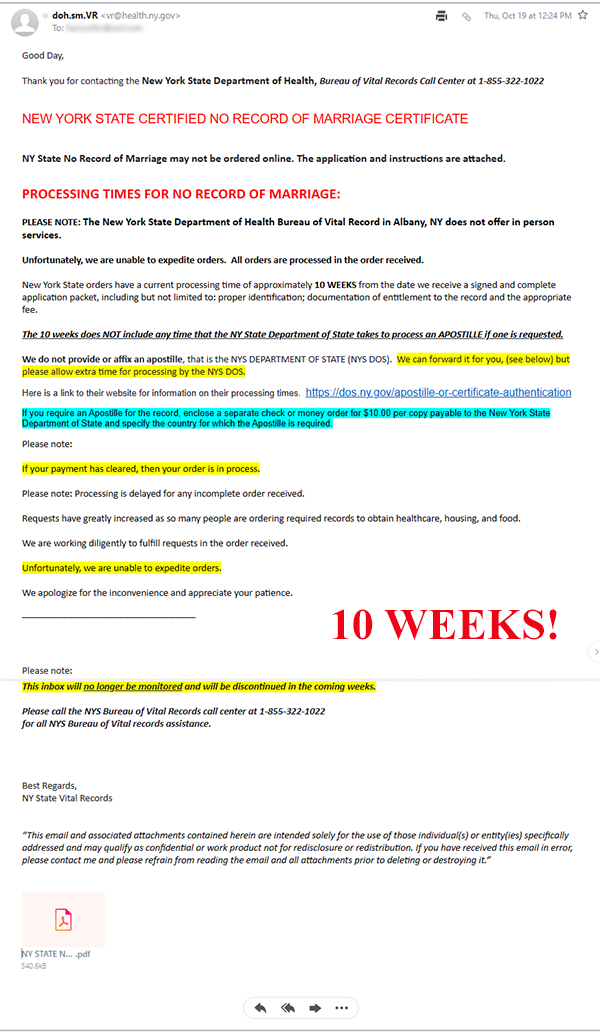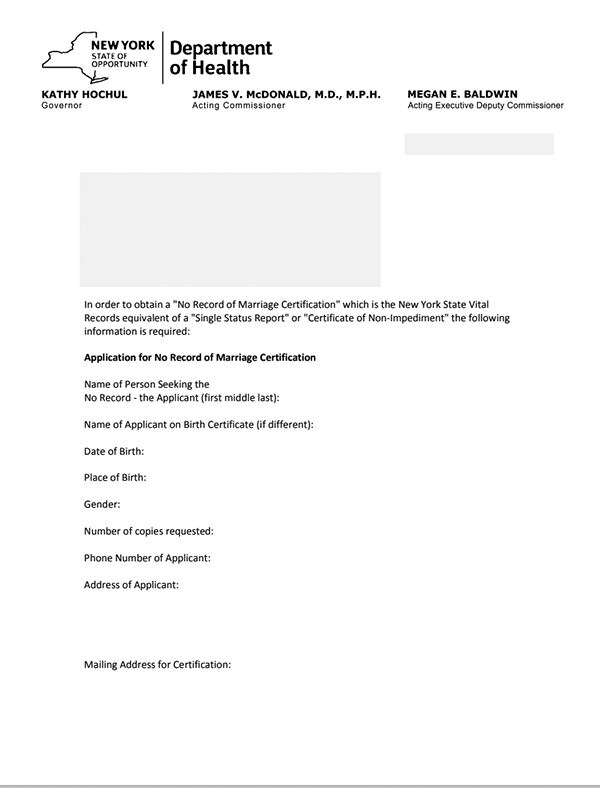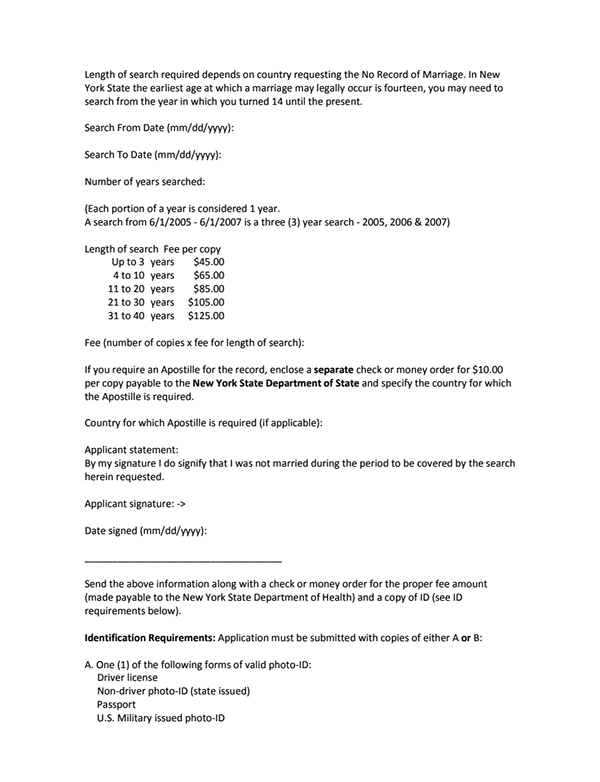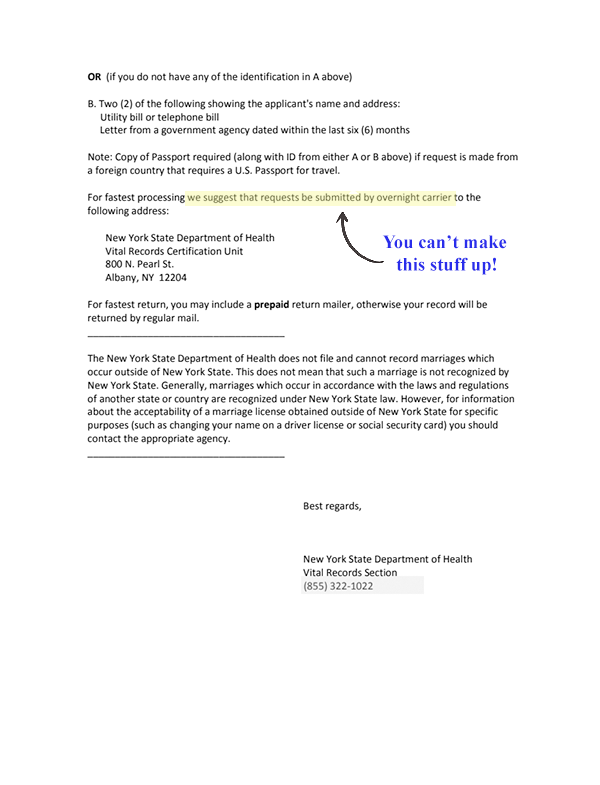
New York Apostille Expediter Harry Otto has processed thousands of Procura Speciale and Generale Apostilles with every region of Italy and has engaged with hundreds of notaries all around Italy. He’s also notarized hundreds of Power of Attorney documents in New York and has dug deep into the similarities and differences between how New York and most of Italy regulate the creation and overall processes of these documents. Through his extensive experience, Harry Otto has gained invaluable insights into the intricacies of the Italian and New York legal systems concerning powers of attorney.
CONVERT YOUR POA TO A PROCURA SPECIALE NOW!
This article delves into the comparison between the New York Power of Attorney and its Italian counterparts, the “Procura Speciale” and “Procura Generale.” It explores the recent changes in New York Power of Attorney law, which went into effect on June 13, 2021, and how these changes compare to the Italian legal framework. The article examines the execution requirements, costs, and enforcement mechanisms in both jurisdictions, highlighting the key differences and similarities.
For legal professionals and businesspeople operating in both New York and Italy, understanding these differences is crucial. The article provides a comprehensive analysis of the principle of “parallelismo delle forme” and the need for “equivalenza” when dealing with foreign powers of attorney in Italy. It also discusses the role of the Apostille and the legalization process for countries not part of the Hague Convention.
Throughout the article, Italian legal terms and concepts are explained to educate New York lawyers about the Italian legal system. The article also incorporates New York case law, where applicable, to illustrate the practical implications of the power of attorney laws.
CONVERT YOUR POA TO A PROCURA SPECIALE NOW!
If you are a legal professional or a business person involved in cross-border transactions between New York and Italy, this article is an essential resource for understanding the complexities of powers of attorney in both jurisdictions. By reading this article, you will gain valuable insights into the differences in execution requirements, costs, and enforcement mechanisms, enabling you to navigate the legal landscapes of New York and Italy more effectively.

Comparing the New York Power of Attorney and the Italian “Procura Speciale”
The Power of Attorney (POA) is a legal document that allows an individual (the principal) to appoint another person (the agent or attorney-in-fact) to act on their behalf in various matters, including personal and financial affairs. In New York, the Statutory Short Form Power of Attorney is governed by Title 15 of Article 5 of the General Obligations Law. Similarly, in Italy, the “Procura Speciale” is a legal instrument that enables a principal to delegate specific powers to an agent for the completion of one or more legal acts.
CONVERT YOUR POA TO A PROCURA SPECIALE NOW!
Recent changes to the New York Power of Attorney law, which went into effect on June 13, 2021, aimed to simplify the POA form and reduce the frequency of refusal by financial institutions to honor validly executed POAs. These changes include:
- Substantial compliance with statutory language, allowing for minor deviations in the POA form.
- Elimination of the separate Statutory Gift Rider, with gifting provisions now included in the modifications section of the POA form.
- Penalties for unreasonable refusal to accept a valid POA, including the award of damages and attorney’s fees.
- A safe harbor for third parties acting in good faith when accepting a POA.
- Execution requirements, including the need for the POA to be witnessed by two persons who are not named as agents or permissible recipients of gifts.
In contrast, the Italian “Procura Speciale” is governed by the Italian Civil Code (Codice Civile) and is subject to the principle of “parallelismo delle forme,” which requires the power of attorney to have the same form as the contract or legal act to be concluded. However, this principle is mitigated for powers of attorney originating from abroad by Article 60 of Law No. 218 of May 31, 1995, which states that the act of conferring the power of representation is valid, as to form, if it is considered as such by the law regulating its substance or by the law of the State in which it is executed.
For a foreign power of attorney to be equivalent to an Italian public deed (atto pubblico) or authenticated private agreement (scrittura privata autenticata), it must be substantially equivalent according to the notion understood by the Italian legal system, a principle defined by legal scholars as the need for “equivalenza” between the foreign act and the Italian act.
It is essential that the authority issuing the power of attorney has the power to perform notary-like functions. In countries where the notary figure is absent, such as Ireland, the United Kingdom, the United States, Australia, Canada, and Hong Kong, the role of the “public notary” exists, albeit with limited functions and responsibilities compared to Italian notaries.
Execution Requirements and Costs
Under the updated New York Power of Attorney law, a statutory short form power of attorney executed in New York must be typed or printed using legible letters no less than twelve points in size and signed, initialed, and dated by a principal with capacity, or in the name of such principal by another person, other than a person designated as the principal’s agent or successor agent, in the principal’s presence and at the principal’s direction. The signature must be duly notarized and acknowledged and witnessed by two persons who are not named in the instrument as agents or permissible recipients of gifts. The person who takes the acknowledgment may also serve as one of the witnesses.
In Italy, the identification of the parties (the principal and the agent) does not necessarily require all the elements prescribed by Italian notarial law (name and surname, place and date of birth, domicile, or residence). The indications required by the applicable foreign law for authentication will suffice, provided there is certainty about the subject’s identity. Importantly, the signature must be made in the presence of the person who will authenticate the signature.
The costs and fees associated with powers of attorney differ between New York and Italy. In New York, the cost of a POA varies depending on whether it is a general or special power of attorney and the services offered by the notary. A special power of attorney may have a lower cost than a general power of attorney, as it is not subject to registration with the tax authorities and is signed in a single original to be delivered by the notary to the party. Its overall cost consists of the stamp duty, archive tax, and notary’s fee.
In Italy, the costs and fees for a “Procura Speciale” are of significant importance, as Italian notaries yield much more power than their New York counterparts. The notary’s fee for each power of attorney is determined by the professional based on the complexity and preliminary activities to be carried out. A special power of attorney is subject to a €16 stamp duty (for powers of attorney up to 100 lines), while the costs for general powers of attorney vary depending on whether they must be registered in the Register of Enterprises (Registro delle Imprese).
Case law regarding the prior power of attorney law and gifting in New York remains in effect. Gifts of the principal’s assets must be in the best interest of the principal (In re Ferrara, 7 N.Y.3d 244 (2006)). Gifts made by an agent to themselves are valid if authorized by a specific provision in the power of attorney and made in the principal’s best interest, with no presumption of impropriety and the burden of proof on the person challenging the gift (In re Ferrara, 7 N.Y.3d 244). A gifting provision is not necessary when there is clear and convincing evidence that a transfer was compensation for services (Alsante v. Maika, 206 A.D.3d 1563 (4th Dep’t 2022)).
Enforcement and Recognition of Foreign Powers of Attorney
One of the most significant changes to the New York Power of Attorney law concerns the enforcement of POAs. If a special proceeding authorized by GOL Section 5-1510 is brought to compel a third party to honor the Statutory Short Form Power of Attorney, the court may award damages, including reasonable attorney’s fees and costs, if it finds that the third party acted unreasonably in refusing to honor the agent’s authority (GOL Section 5-1510(2)(a)). No third party can refuse, without reasonable cause, to honor a properly executed statutory short form power of attorney or one executed in accordance with the laws in effect at the time of its execution (GOL Section 5-1504(5)). This provision effectively grandfathers, for enforcement purposes, any properly executed Statutory Short Form Power of Attorney under previous statutes.
In Italy, the Hague Convention of October 5, 1961, introduced the Apostille, which verifies the authenticity of the signature and the capacity of the signatory of the act, constituting an attestation of the origin of its signature. This process simplifies the immediate reception of the document in the States adhering to the Convention. The Convention has established a standard formula and content for the Apostille, as well as a uniform graphic structure, requiring it to be inserted in a box with progressive numbering of the text lines. Regarding language, the Apostille does not need to be translated and can be written in French or the official language of the issuing authority, with the heading “Apostille” always included.
For countries not part of the Hague Convention, the process of legalization is followed, consisting of an official attestation by the Italian consular or diplomatic authority abroad of the legal qualification of the public official who signed the act and the authenticity of their signature. This process is divided into two distinct moments:
- The so-called “internal” legalization, which is purely eventual and may not even be provided for by the legislation of a particular State.
- The so-called “external” legalization, in which the Italian diplomatic or consular authority verifies that the document has been signed by a specific authority of the country of origin. This legalization is indispensable for allowing the document to circulate in Italy.
In conclusion, while both New York and Italy have legal instruments that allow principals to delegate authority to agents through powers of attorney, there are significant differences in the execution requirements, costs, and enforcement mechanisms. The recent changes to the New York Power of Attorney law have aimed to simplify the process and provide greater protection for principals, while the Italian “Procura Speciale” is subject to the principle of “parallelismo delle forme” and the need for “equivalenza” when dealing with foreign powers of attorney. Understanding these differences is crucial for legal professionals and businesspeople operating in both jurisdictions.

This article was researched and written by New York Apostille Expediter Harry Otto, All Rights Reserved. For more information call, text or WhatsApp White Plains Apostille & Mobile Notary at (914)441-2444 or begin your Apostille at apostilleapply.com
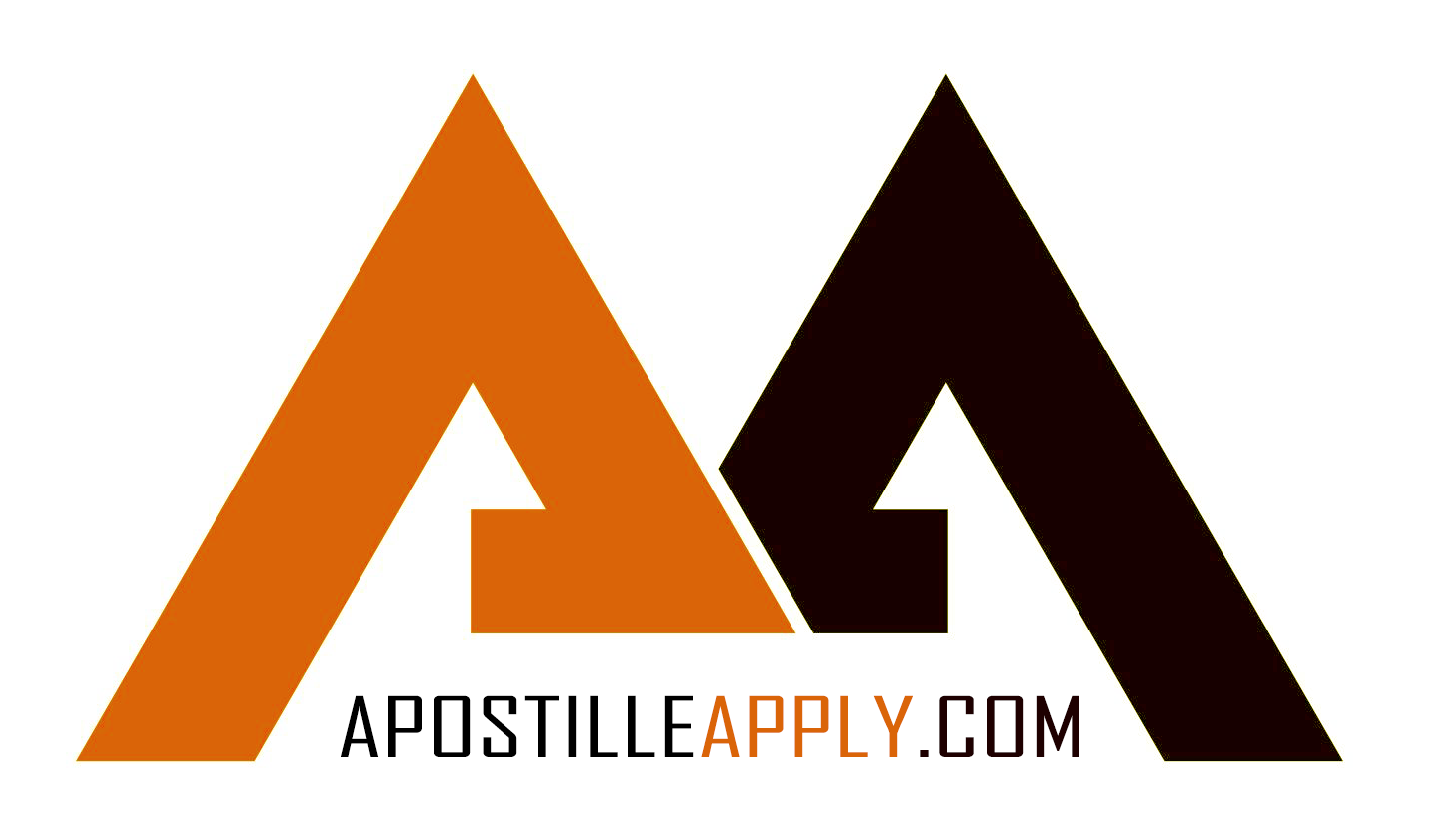
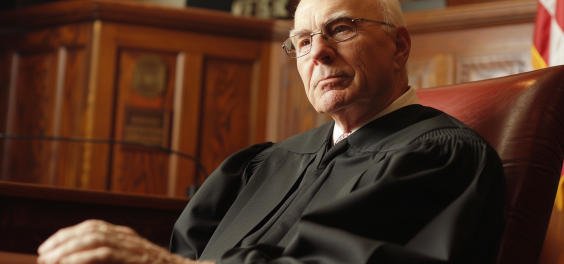

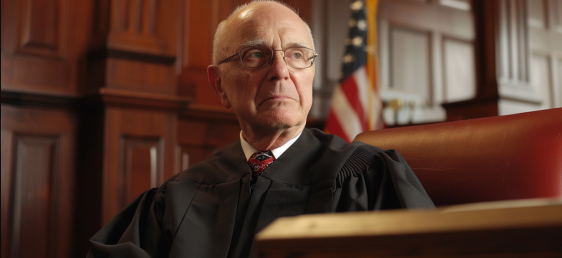
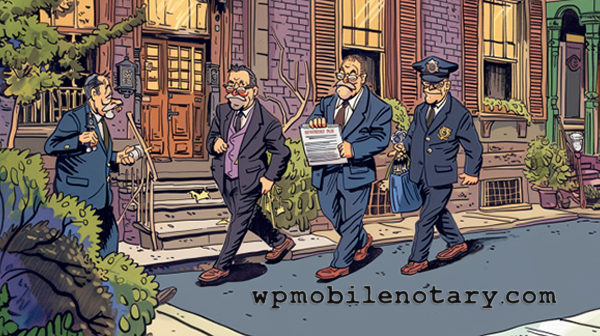
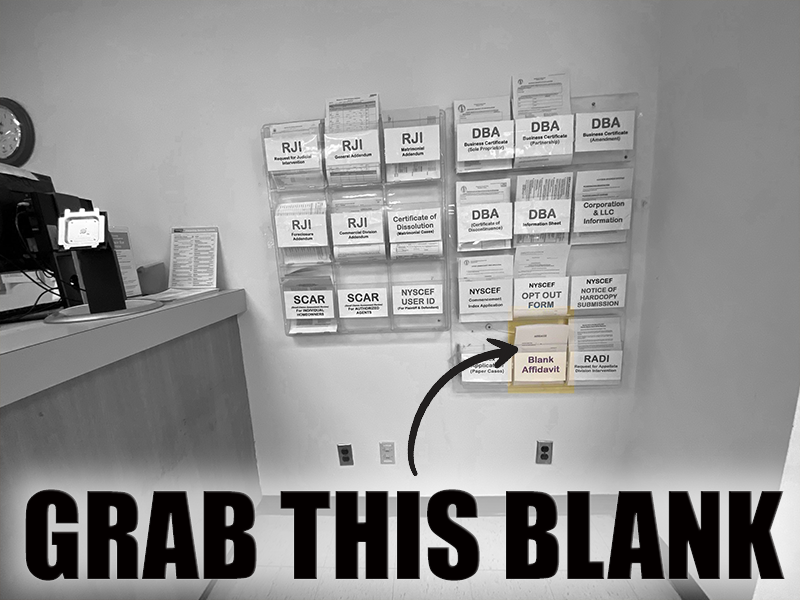
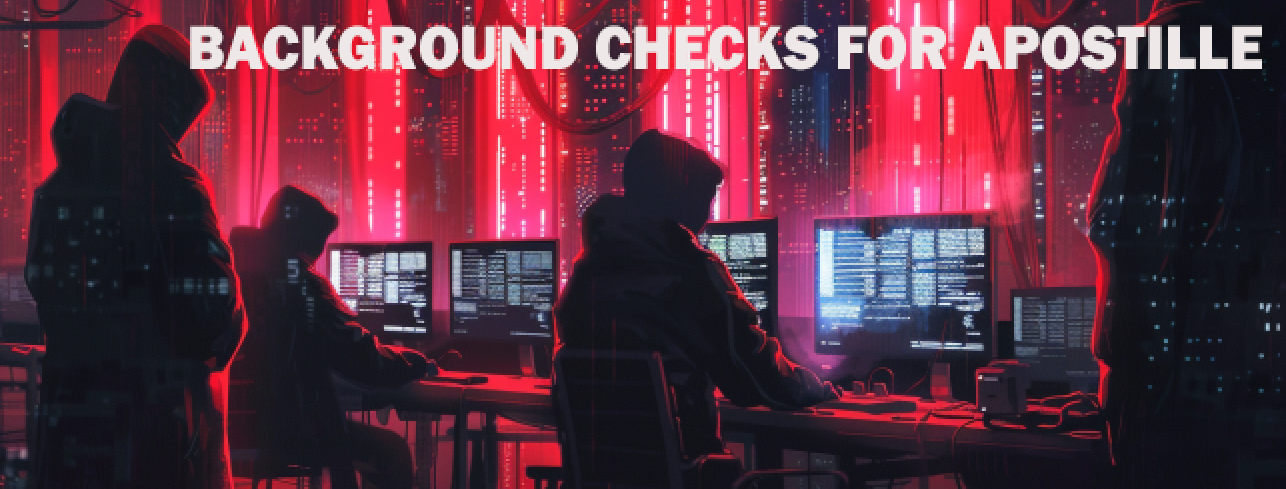
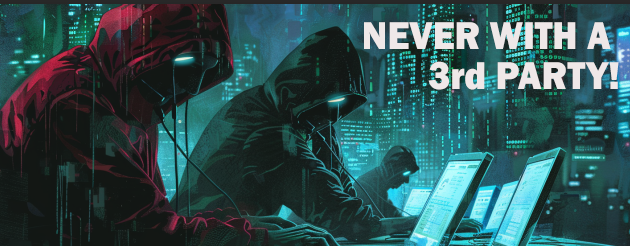 Why Third-Party Background Checks Are Not Accepted for Dual Citizenship:
Why Third-Party Background Checks Are Not Accepted for Dual Citizenship: